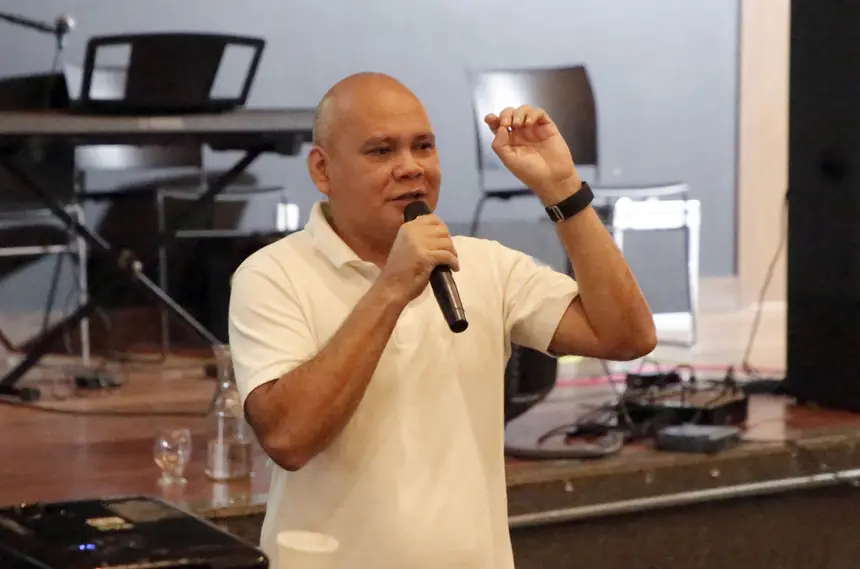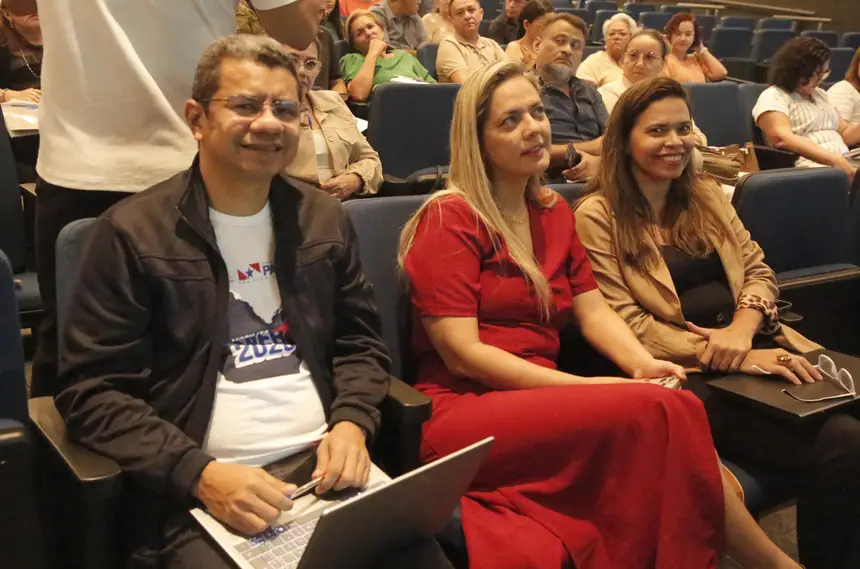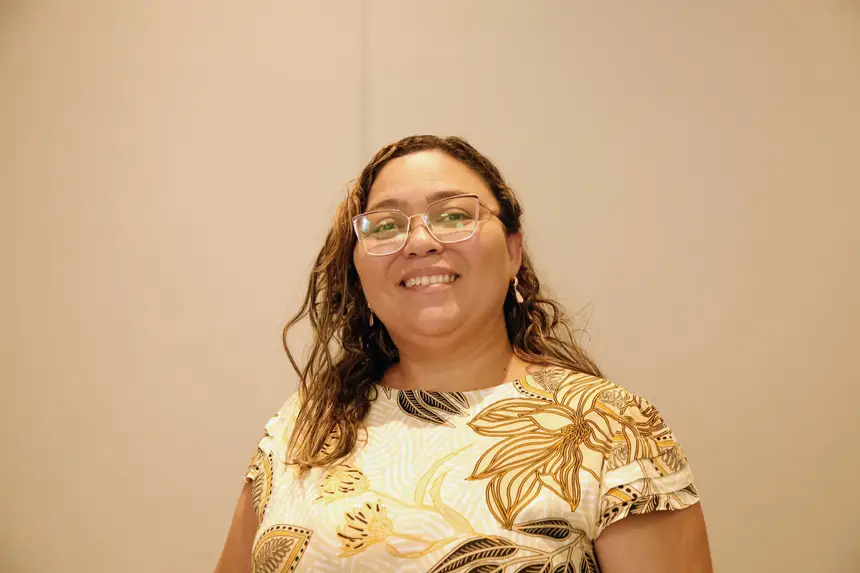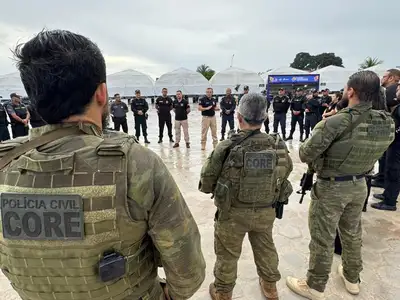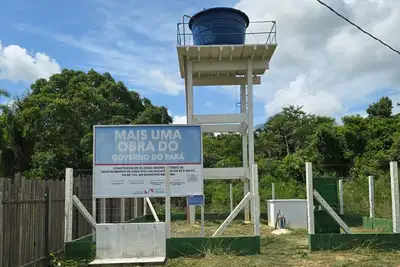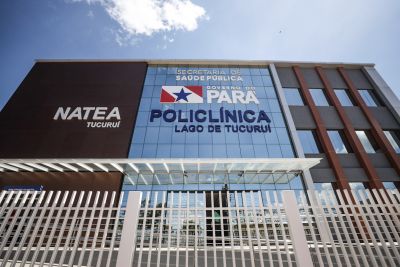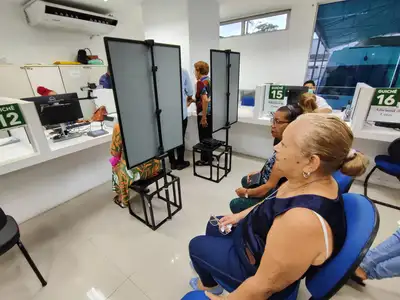Seduc gathers coordinators from Regional Directorates for planning 2026
In Belém, the meeting focused on the theme 'Administrative and pedagogical management: alignment for the end of the school year and perspectives for 2026'
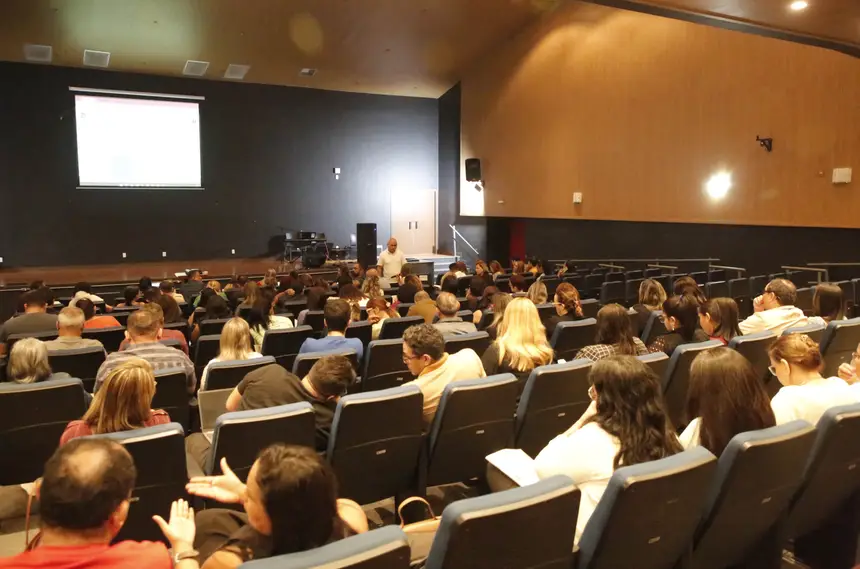
The State Department of Education (Seduc) held on the 26th and 27th, the Meeting with the Pedagogical and Administrative Coordinators of the Regional Directorates of Education (DREs), at the Prof. Dionísio João Hage auditorium, at Seduc's headquarters in Belém.
With the theme "Administrative and pedagogical management: alignment for the end of the school year and perspectives for 2026", the event brought together representatives from the 40 DREs in the state and technicians from the Undersecretariat of Basic Education (SAEB).
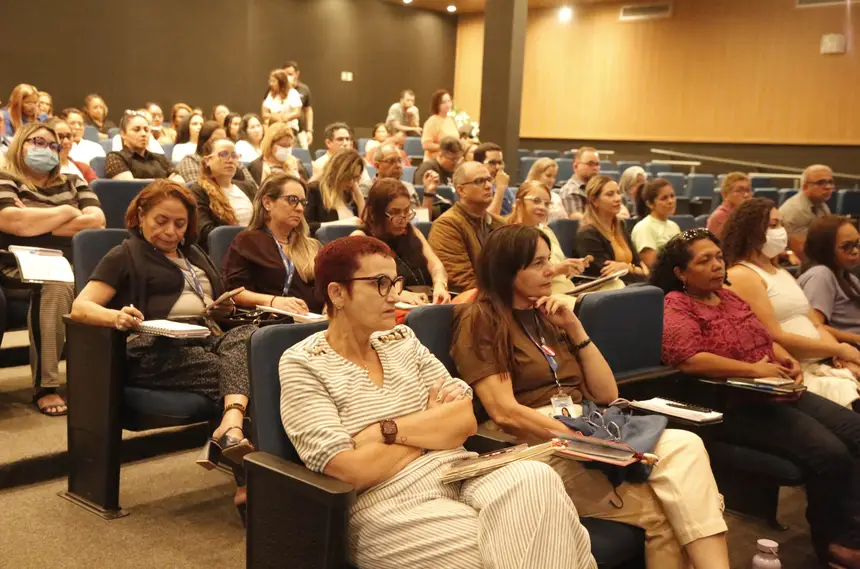
The meeting aimed to evaluate the actions carried out throughout 2025, guide the final procedures of the school year, and present the strategic guidelines for the pedagogical and administrative planning of 2026.
The Undersecretary of Basic Education, Júlio Meireles, emphasized that the meeting consolidates advances and prepares the network for new challenges. "This is a fundamental moment for Seduc," he said.
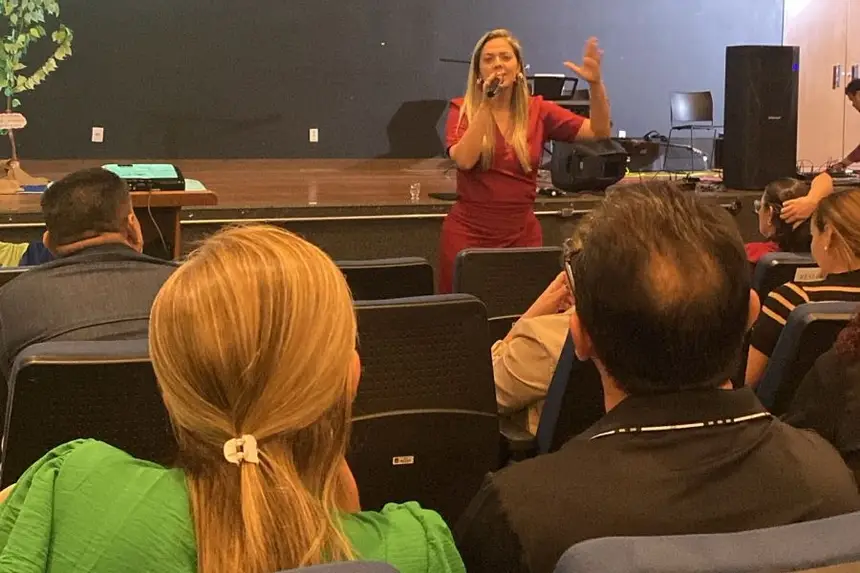
"We are aligning to conclude the school year of 2025 in the best possible way, after great achievements such as visits to all municipalities, continuous training, the acquisition of teaching materials, and investments in various public policies. At the same time, we are organizing the planning for 2026 so that each region knows exactly what it needs to do," said Júlio Meireles.
The work integrates different sectors, such as the Directorate of Educational Management, administrative areas, and the Undersecretariat of Planning and Finance (SAPF), responsible for the school census and enrollments processes.
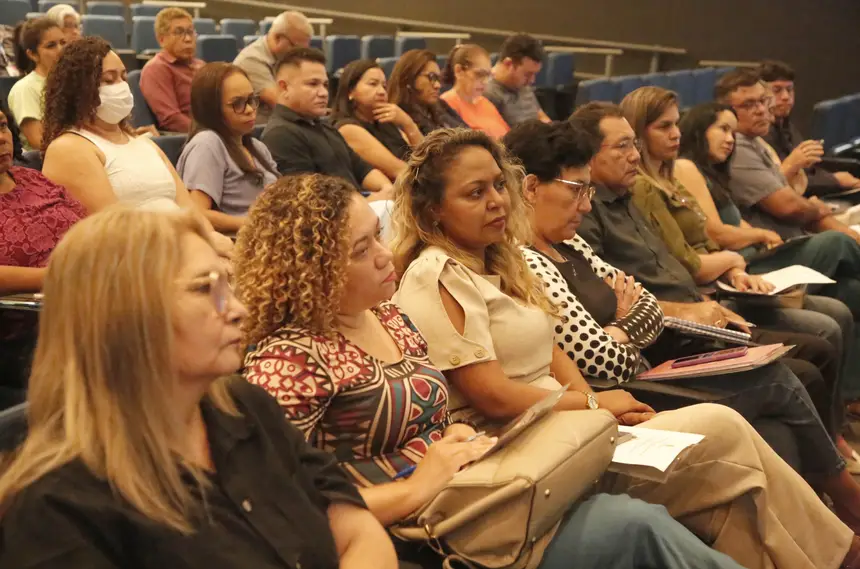
The director of Educational Management at Seduc, Cláudia Ferreira, emphasized that this moment marks a new post-Saeb (Basic Education Assessment System) 2025 stage.
"We are now advancing to the guidelines for the end of the school year, organization of the school flow, and active search strategies. The idea is to ensure that no school leaves students out of the process. We are addressing assessments, recovery, and monitoring of learning so that the DREs can fully support the schools."
For Cinelle Cordeiro, administrative and financial coordinator of DRE Belém 1, the meeting provides essential reflections to improve practices. "This moment is extremely productive because it allows us to analyze the actions developed throughout the year and compare our practices with those of other DREs."
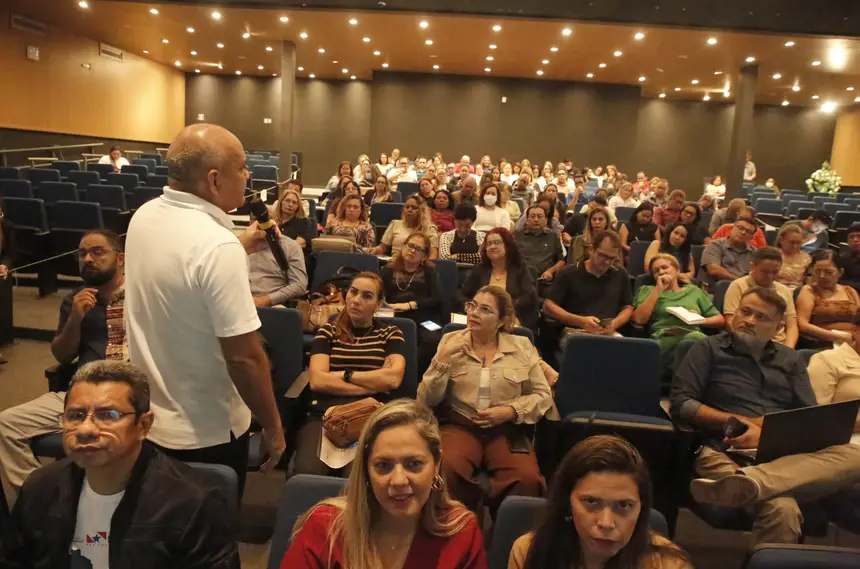
"The assessments showed how much we have advanced in administrative and pedagogical processes, especially in the use of materials and the execution of educational policies. Knowing successful experiences helps us plan more assertive actions for 2026," said Cinelle Cordeiro.
Throughout the two days, the coordinators participated in lectures, workshops, and discussion panels addressing priority topics such as: Evaluation of the actions of the 2025 school year; Alignment for the end of the school year; School Census and enrollments for 2026; Presentation of the new pedagogical functionality of SIGEP; Guidelines and pedagogical perspectives for 2026; Technical guidelines of the School Flow Improvement Plan.
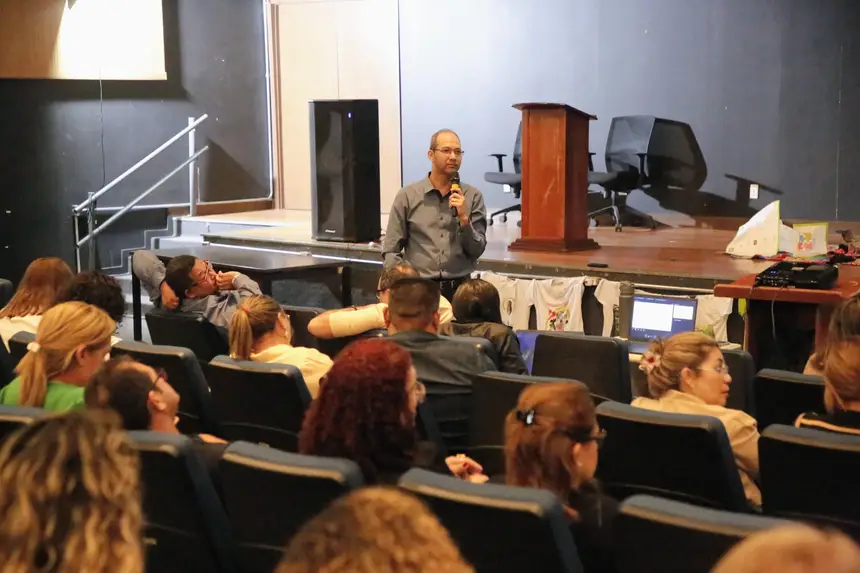
School Flow Plan
During the program, the launch of the 'School Flow Improvement Plan' took place, a document that gathers 18 essential actions that must be executed by schools in the coming school days and at the beginning of next year.
Among the guidelines provided in the Plan are: strategies for active search of students; detailed verification of school performance; guidelines for filling out and entering grades in the system; organization of recovery processes; conducting class and cycle councils; meticulous monitoring of students with learning gaps.
The material will serve as a guide to support managers and pedagogical teams throughout the State, ensuring that the school flow is continuous, organized, and aligned with the educational policies of the network.


